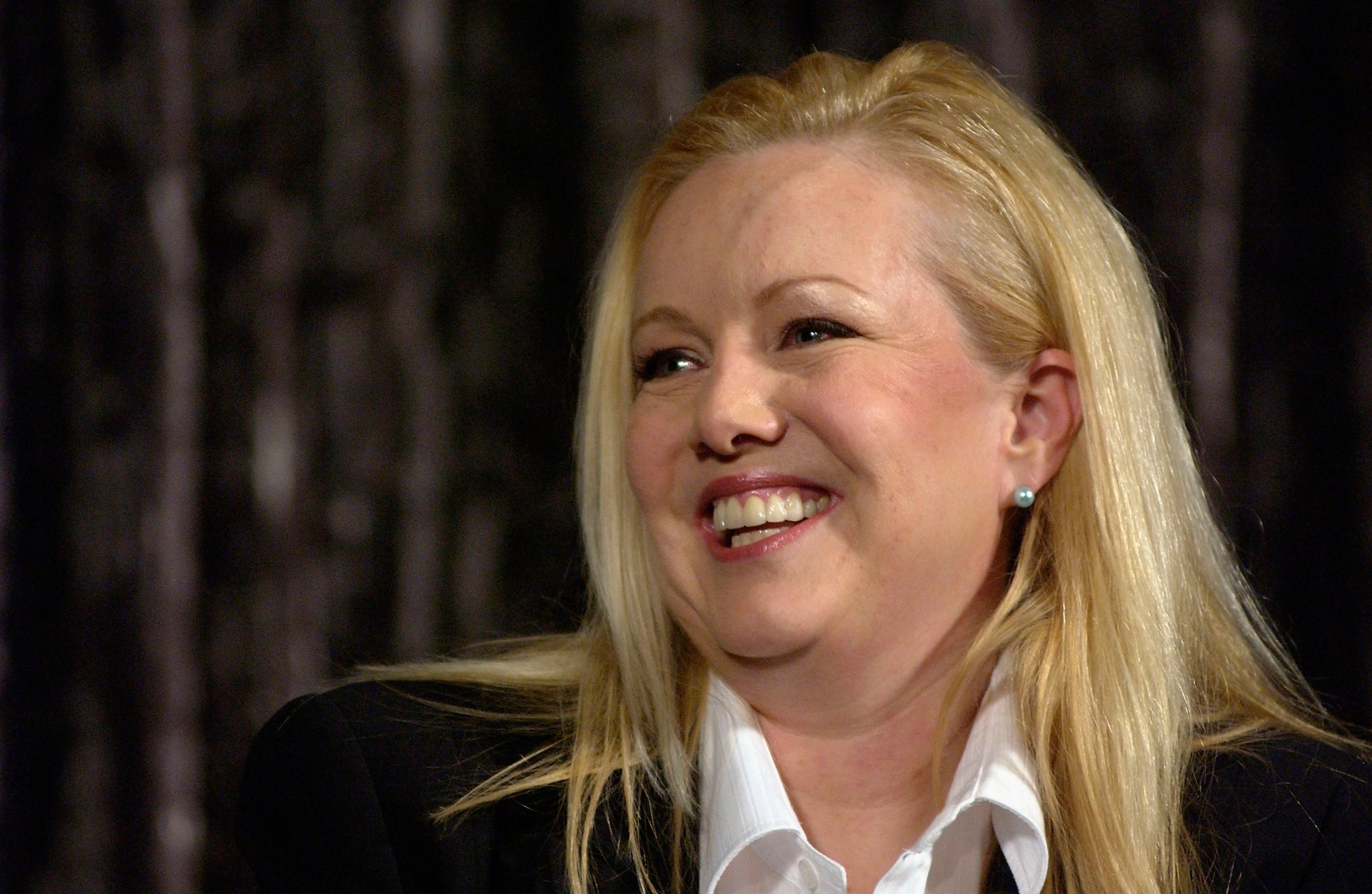
In the acting world, the stage versus screen debate is an established one — and there may never be one true winner. But when it comes to recognizing women directors, the West End is kicking Hollywood’s ass.
Just this week, the Olivier Award nominees were announced, with three women earning nominations in the Best Director category — a first in the awards/ history. The nominees are all enormously worthy, but it was Lyndsey Turner (Chimerica), Maria Friedman (Merrily We Roll Along) and Susan Stroman (The Scottsboro Boys), snagging three out of the category’s four nominations that served as the proverbial cherry on the sundae. (Richard Eyre was also nominated for Ghosts.)
This feat comes on the heels of last summer’s Tony Awards, where women snapped up not one but two of the direction prizes available: Pam MacKinnon won Best Direction of a Play with Who’s Afraid of Virginia Woolf?, while Diane Paulus won Best Direction of a Musical with Pippin.
What’s more, women have been awarded for their direction in theater for years now. MacKinnon and Paulus’ 2013 coup didn’t even mark the first time two women swept the Tonys directing category. That milestone occurred in 1998, when Julie Taymor and Garry Hynes won the musical and play direction awards for The Lion King and The Beauty Queen of Leenane. And the first time a woman won the Olivier Award for Best Director was way back in 1988, when Deborah Warner snagged the statue for Titus Andronicus.
Not that the theater industry is perfect — men have far more nominations and wins under their belts than women, certainly — but at least the theater has been making steady strides towards recognizing its female talent in recent years. Compare that progress to the film industry’s track record and things don’t look too good for Hollywood.
In the history of the Academy Awards, only four women have ever been nominated in the Best Director category — Kathryn Bigelow, Jane Campion, Sofia Coppola and Lina Wertmüller. In 2009, Bigelow made history as the first woman to actually win that award when she scooped the statue for her suspenseful war drama, The Hurt Locker — but no woman has won since. In fact, no woman has even been nominated since and it’s not for a lack of worthy contenders. Just looking at films that were otherwise recognized by the Academy, Bigelow was passed over for 2012’s Zero Dark Thirty, which earned a Best Picture nod, but didn’t make the director cut. Same goes for Debra Granik, who directed 2010’s Winter’s Bone; that film had a slew of nominations, including Best Picture, but saw no love from the directing category.
It’s hard to nail down what exactly will lead to a change in the numbers when it comes to the Academy. After all, it’s not as if the disparity hasn’t been publicly called out again and again. But in the theater world, at least, it seems that women don’t have to wait for their due recognition any longer.
More Must-Reads From TIME
- The 100 Most Influential People of 2024
- Coco Gauff Is Playing for Herself Now
- Scenes From Pro-Palestinian Encampments Across U.S. Universities
- 6 Compliments That Land Every Time
- If You're Dating Right Now , You're Brave: Column
- The AI That Could Heal a Divided Internet
- Fallout Is a Brilliant Model for the Future of Video Game Adaptations
- Want Weekly Recs on What to Watch, Read, and More? Sign Up for Worth Your Time
Contact us at letters@time.com